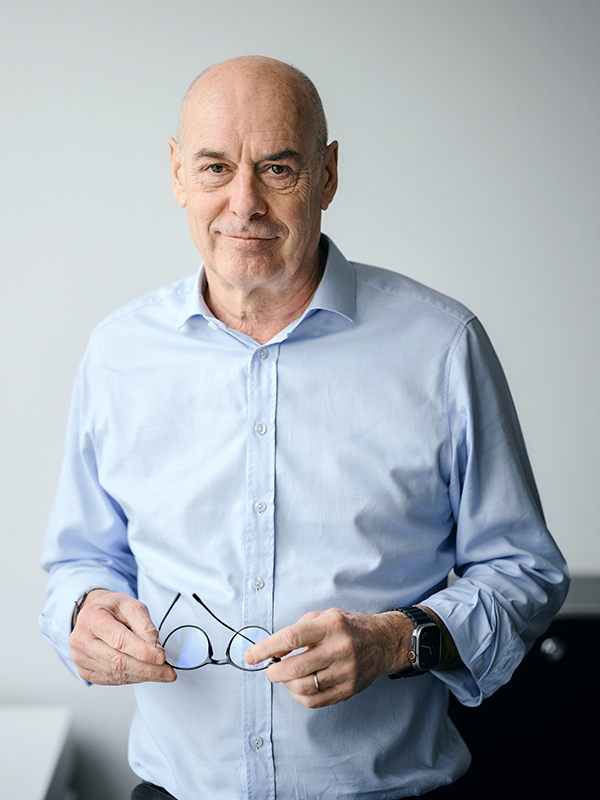Mr. Kott, Symrise has been basing its activities on the United Nations’ 17 Sustainable Development Goals for many years now. Which issue did the company focus on during the past fiscal year?
We broke down our sustainability activities into the four areas of footprint, sourcing, innovation and care. We transparently meet all SDGs in each of these categories. We are active in the entire range of issues because we are determined to become more sustainable. At the same time, we certainly want to remain commercially successful and be socially accepted. We focused last year on the issues of climate and supply chains.
Let’s start with the climate. What are your objectives there?
We intend to be completely climate neutral by 2045, and this includes raw materials that we source from suppliers. We plan to reduce our Scope 1 and 2 greenhouse gas emissions to such a low level that we will be climate neutral in this area in 2030. By that point, we intend to lower our Scope 3 greenhouse gas emissions, the segment that encompasses the emissions that occur during raw material production and transport, by 30 % compared with 2020. These levels are linked to the targets of the Executive Board and the next management levels to create a financial incentive.
Symrise is a huge business group. How do you implement these plans?
The headquarters in Holzminden is large and diverse. 80 % of all technologies that we use in the entire Group is located here. Holzminden serves as something of a blueprint for Symrise. We have identified the processes here that emit the most CO2. We have analyzed the current state and the future of energy-production technologies as well as price trends for electricity, gas and hydrogen. Based on this research, we drew up a concept that will enable us to hit our climate targets and calculated investments in higher-impact sustainability technologies. In the process, we will reduce our use of oil and gas, electrify our operations to the greatest degree possible and stop emitting CO2 by 2045.
You just mentioned electrification, an area that is seen as a key weapon in the battle against climate change. What measures do you plan to introduce?
We have to create a smart system whose features are intelligently based on one another. As part of this effort, we are using solar energy to generate electricity wherever we have large areas of space. In Germany, we are talking about the halls used by our logistics operation. But, above all, we are taking this approach in countries that get tremendous amounts of sunshine. We have installed a 4,800 square-meter photovoltaic system in our plant in Granada, Spain. This system can generate up to 1.6 million kilowatt hours of electricity a year. This is enough to meet 15 % of the production operation’s power needs. Producing energy where it functions is a good lever for us. But the energy we produce ourselves will not meet our total demand. This is why we continue to purchase electricity. We have been exclusively using green power around the world since 2020.

